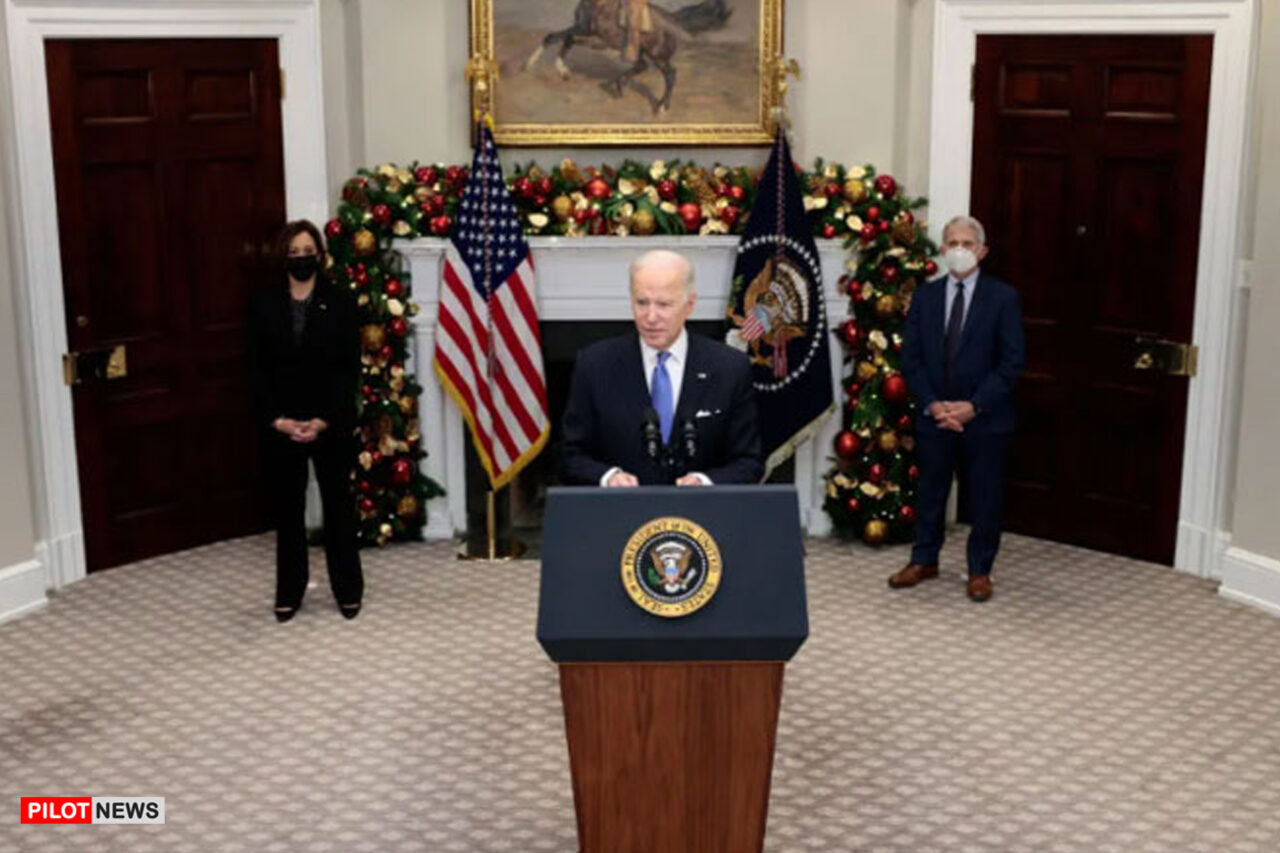Western rhetoric on partnering with African countries as equals appears hollow as Western nations slap travel bans on African countries with confirmed cases of the Omicron variant of COVID-19.
By Michelle Gavin, Guest columnist and blogger
When scientists in Botswana and South Africa identified the COVID-19 Omicron variant, they moved quickly to share that information internationally. The response from much of the world was to announce travel bans on Southern African states. Those restrictions are a brutal blow to Southern African economies and morale, even prompting a statement of concern from the UN secretary-general.
The upshot is that many Southern African leaders, from government to media to the medical community, are angry. They are not alone. After all, much of the world is exhausted by the pandemic and its many disruptions. In the United States, polling and voter behavior certainly suggest that Americans feel fed up. But many Africans have borne tremendously heavy burdens, coping with multiple waves of the virus and massive economic disruptions while waiting far longer for access to vaccines than Americans did. African states were urged to trust in a global vaccine distribution system that was crippled by the capacity of rich states to cut individual deals that guaranteed their supplies and left little for others. Now, many feel that an act of global solidarity—the sharing of important information about a new variant—has been met with punishment.
No one questions the duty of government leaders to prioritize the safety of their citizens (although there is a real debate about the scientific value of the Omicron travel bans). But if those crafting policy in Washington want to work closely with African states to tackle difficult global issues and push back on rising authoritarianism, they will need to reckon with the reality of this African anger. Soaring rhetoric about partnerships and mutual respect falls flat when Africans perceive that they have been treated as afterthoughts in vaccine distribution efforts—and then ostracized as the virus inevitably mutates. Right now, many Africans question the West’s appreciation of the dignity and value of African lives. It will take more than speeches, visits, and foreign assistance to change their minds.
*Michelle Gavin tracks political and security developments across sub-Saharan Africa. This article first appeared in CFR.
- Anambra 2025 Governorship Election Might Be an Open Contest - April 24, 2024
- Anambra Assembly Passes Bill To Prohibit Secret Cults - April 24, 2024
- 2024 Aguata NBA Law Week: AG, Prof. Ifemeje Touts Landmarks and Expectations - April 19, 2024


